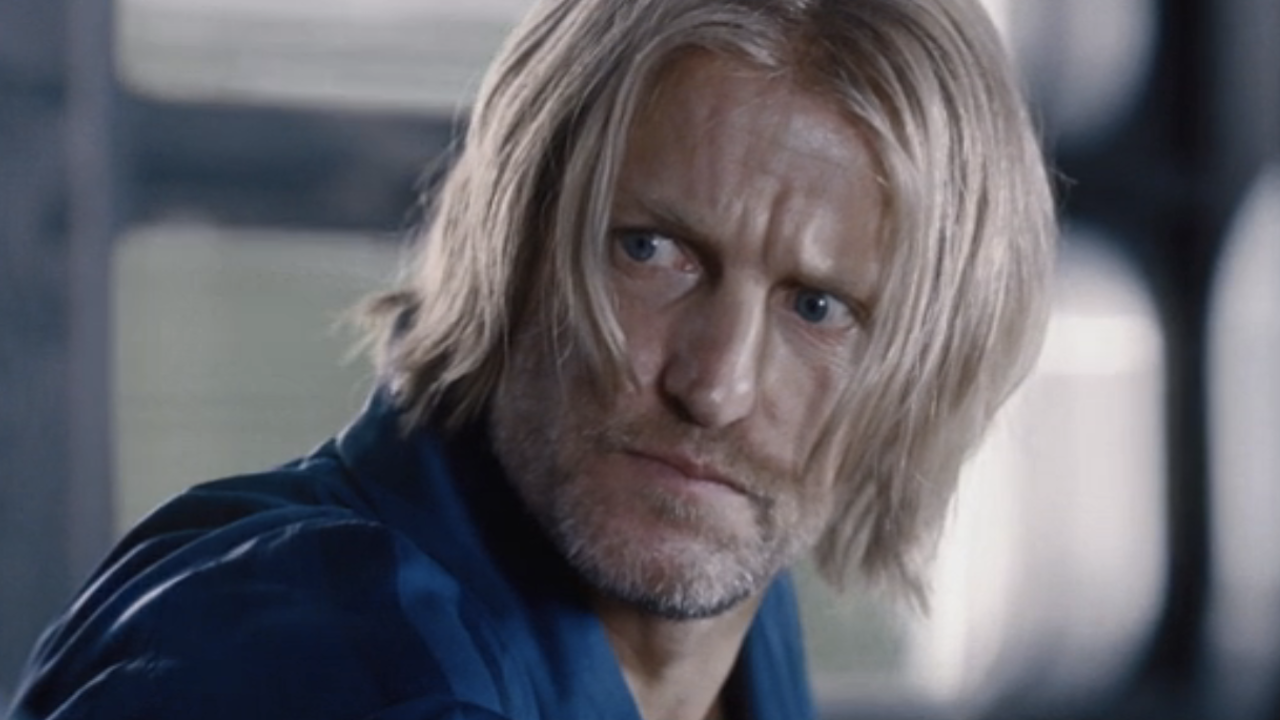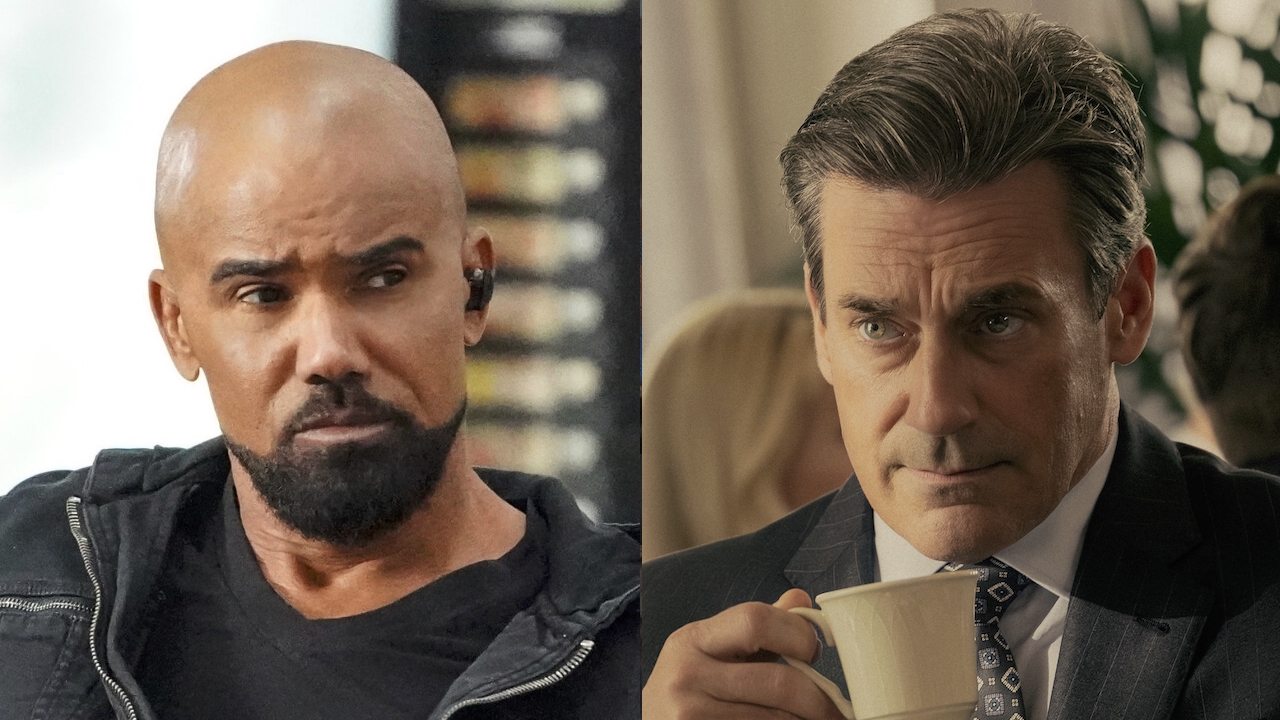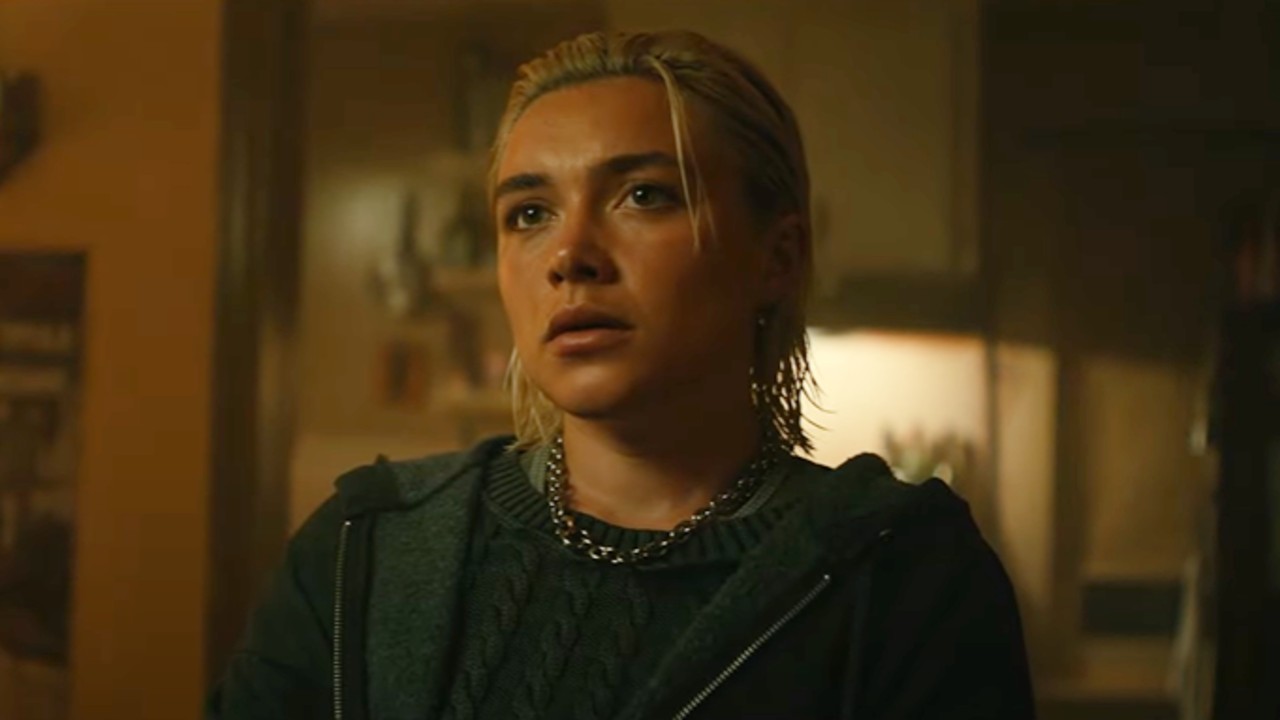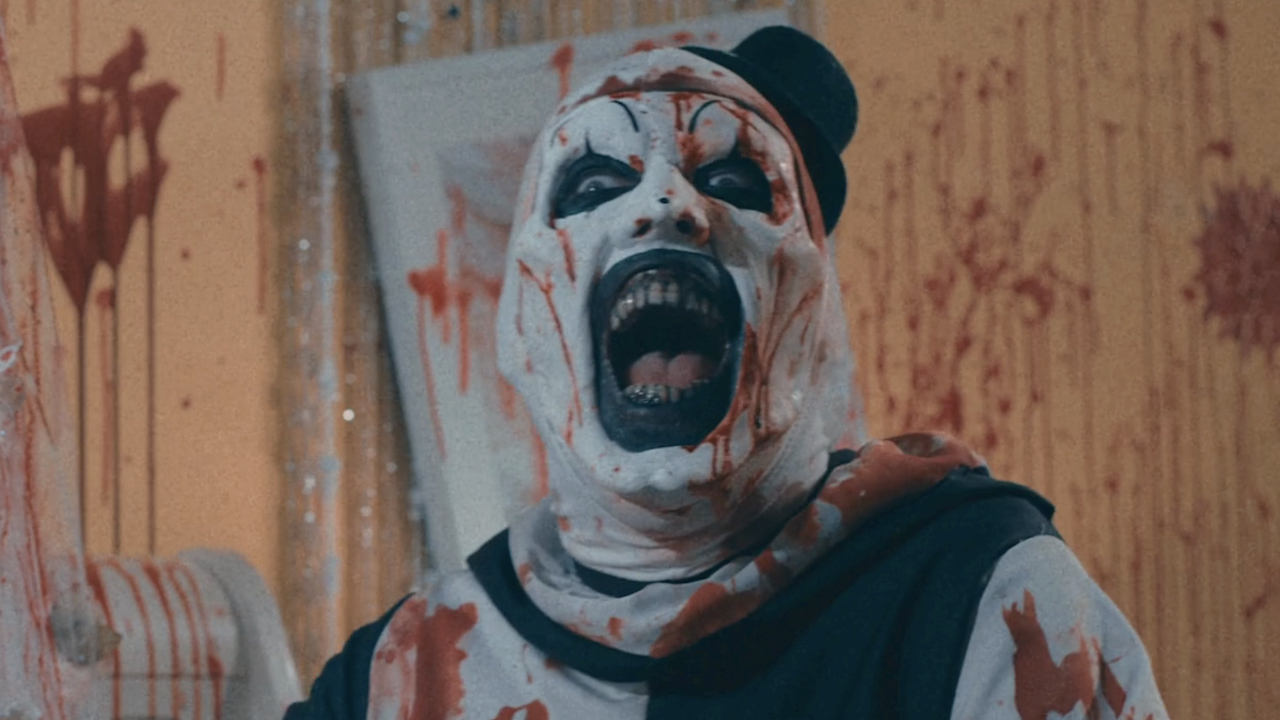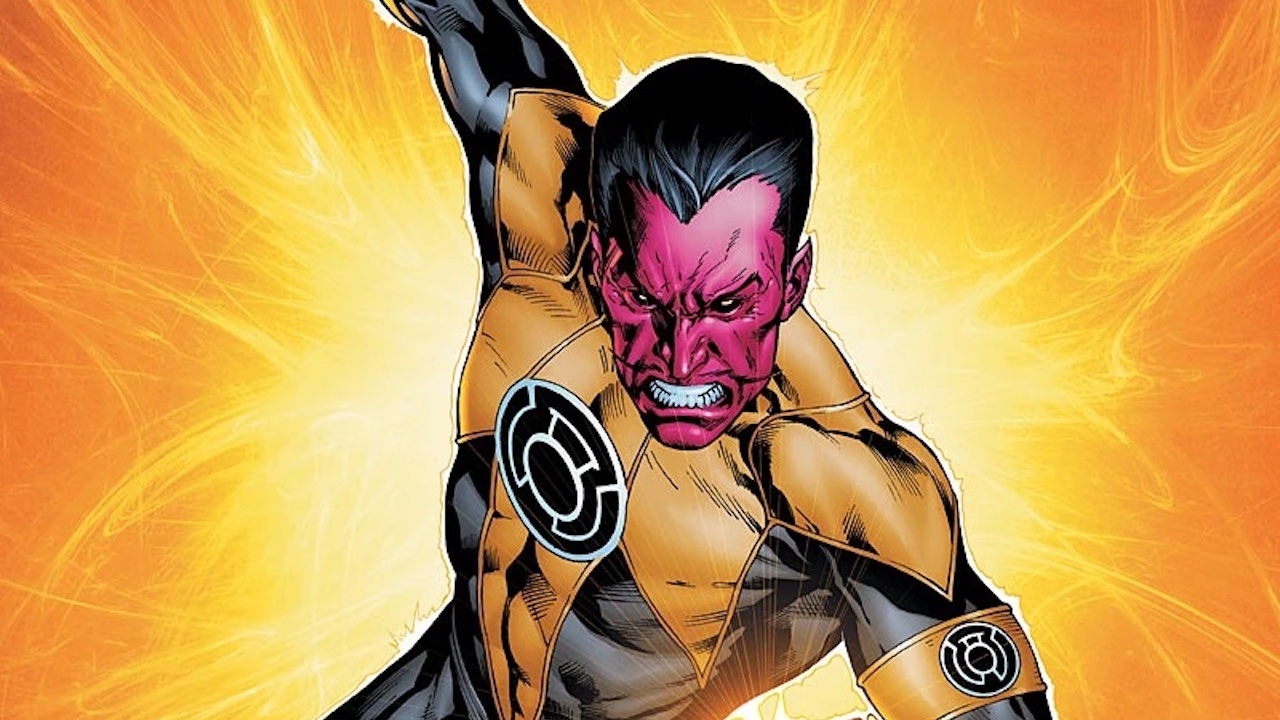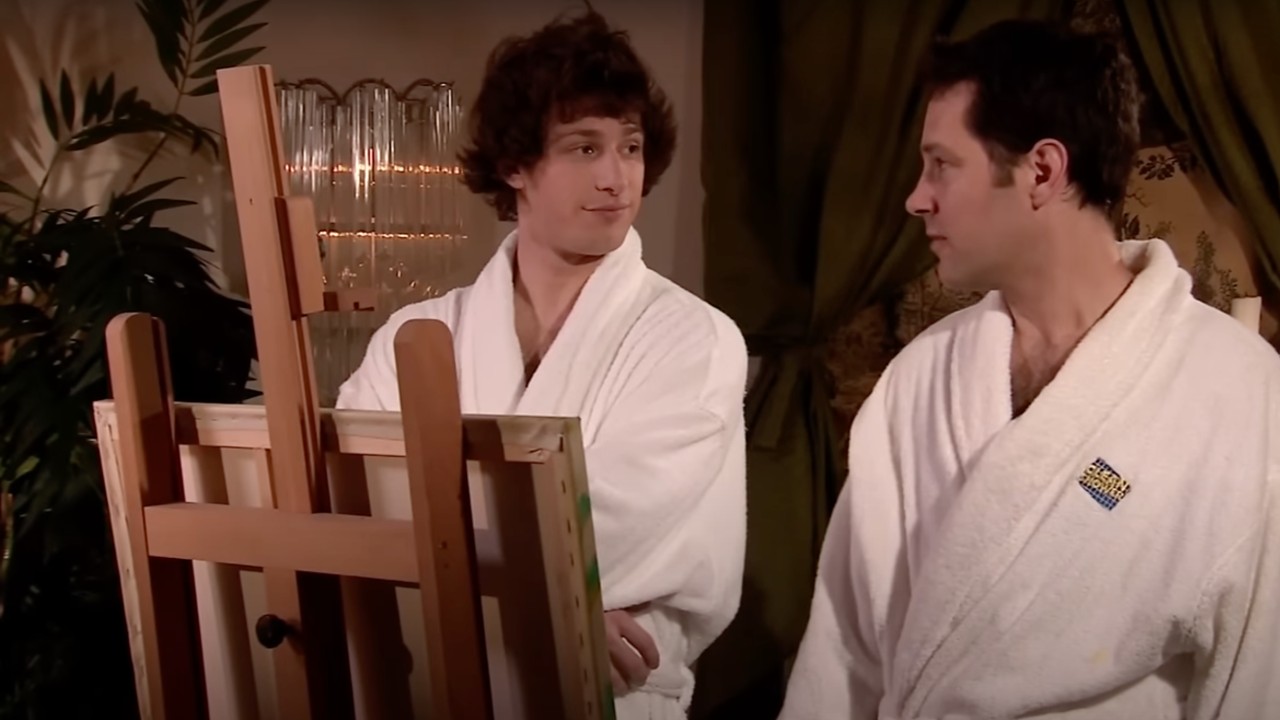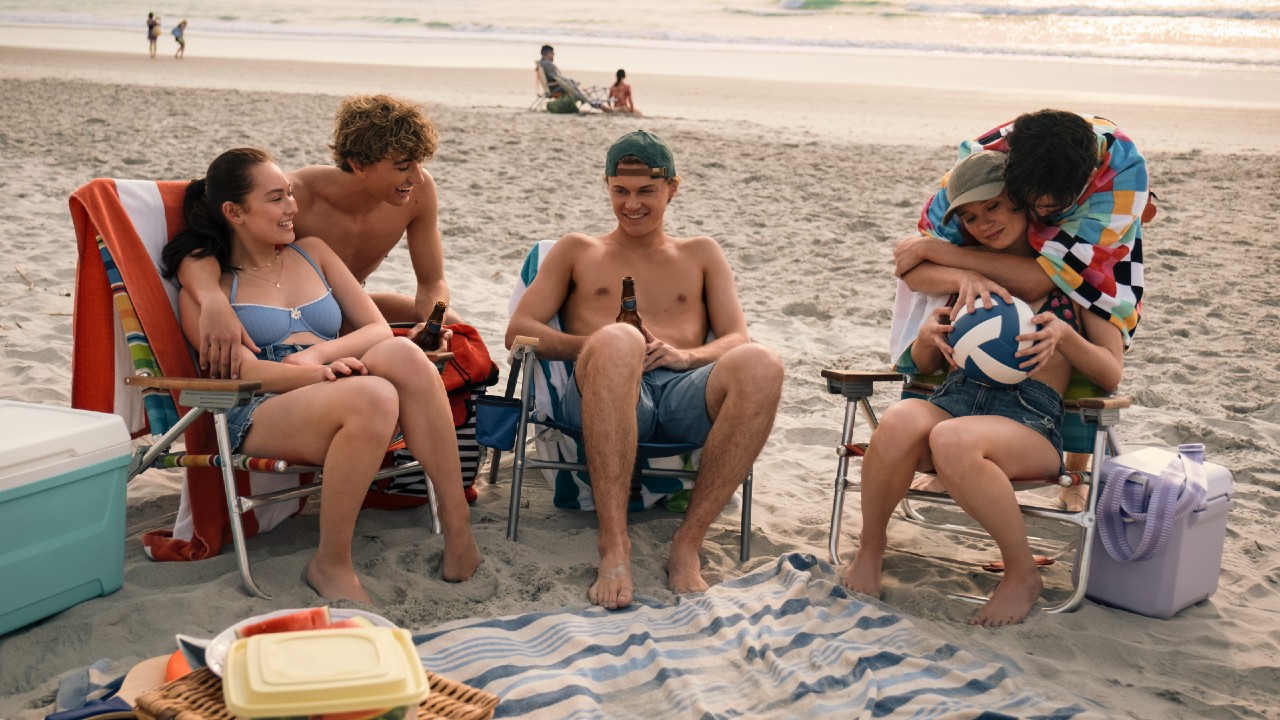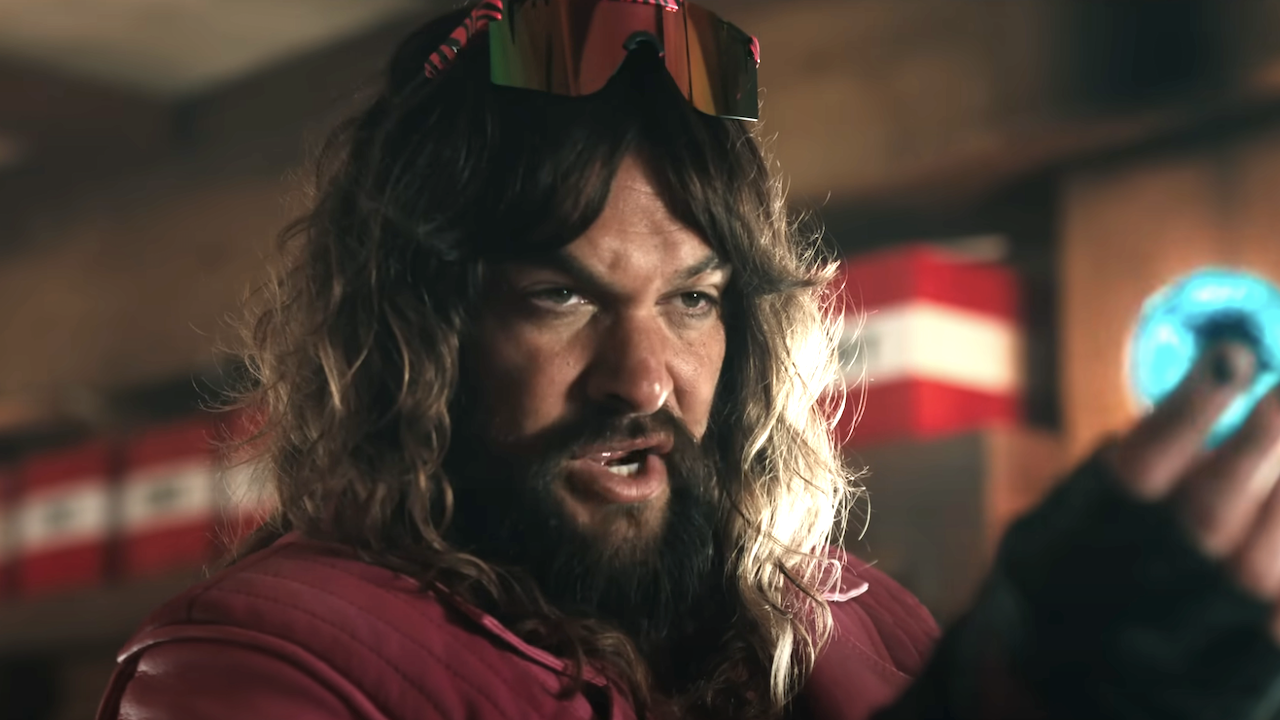Interview: The Way Back Director Peter Weir
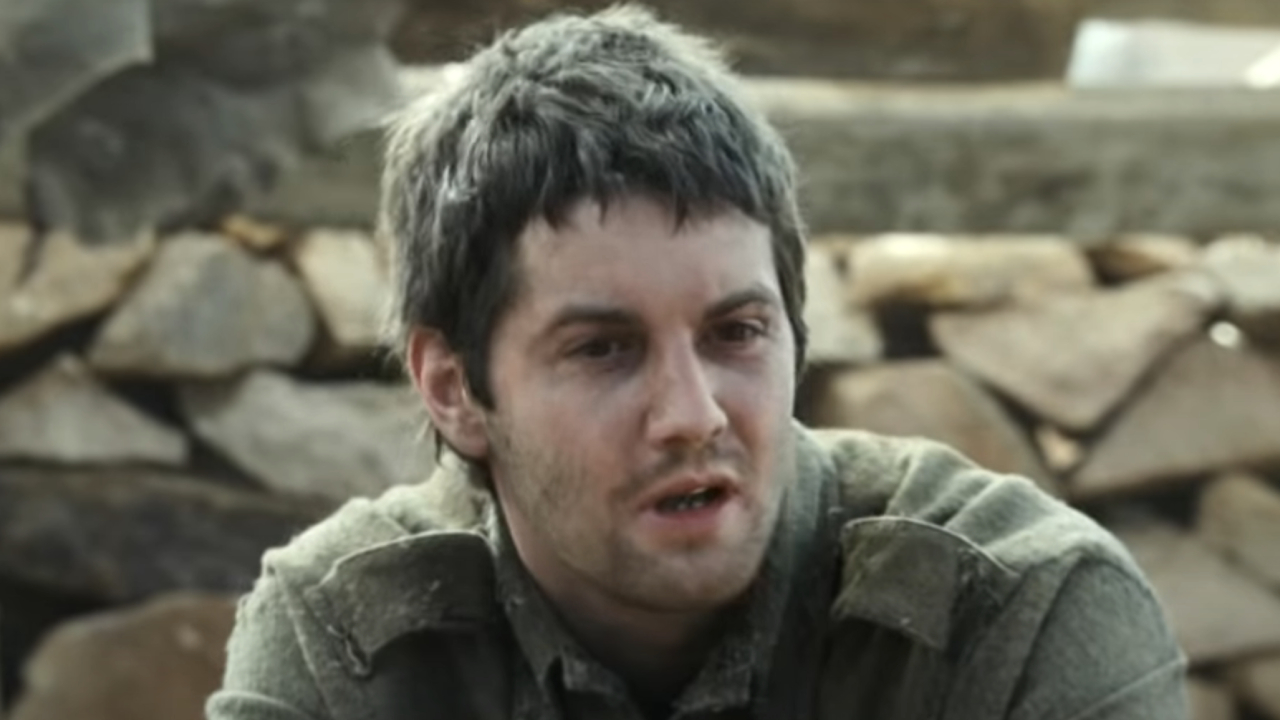
While he used to put out movies regularly during the 1970s and 80s, director Peter Weir’s production has slowed in recent years. After making three films during the 90s, Weir’s only movie during the 00s was the impressive Master and Commander: The Far Side of the World. It’s been a long seven years since Weir’s name has graced the silver screen, but lucky for us, he returned with a gem called The Way Back.
Sitting down with the acclaimed Oscar nominated director as part of a roundtable interview, Wier discussed the importance of shooting his newest film on location, the inspiration he derived from Slavomir Rawicz’s book from which the story came from, and his near-death experience while filming The Year of Living Dangerously. Read on below.
When it comes to films like this, where the characters go through an epic struggle, you often find that similar struggles are mirrored in the production. How hard was it to make this movie?
It was tough, but I think under control. I think there’s a danger in thinking because you’re living it, you’re photographing it, and you can… the best work you can do is under the most controlled circumstances. Better to fake it. But in this particular film, I think it helped the actors a great deal – not me, really, but that was just all part of the plan. And I wasn’t bothered too much by the physical side, although I did injure my knee at one point. But I did see with them, because they were all together all the time, until they either died or left…there were days that they didn’t do much, whereas in a more conventional structure you do your scene as a character and then you’re out of it for a couple of scenes and turn up at the wedding or whatever, in some other scene. In this case they were there, and I said to them, “You going to find it hard sometimes. You’ll feel you’re not doing much.” So I think being in the real locations made them feel at least they were part of what would have happened in all likelihood.
How much rehearsal do you do?
I don’t rehearse before the production begins. I’m not from a theatrical background where people do like to work it out on some stage space. But on the shoot itself, on this one because we were moving so fast I had to have a pretty much blocked out plan of how a scene would work. With more time I like to see the actors find something of their own places, so I can get their own ideas before I put mine in. Given they have a better idea more often enough. But in this case we had to jump out of those vehicles like some sort of SWAT team, ready to go, shoot, go, because the clock was just ticking away and invariably we had to move from that location to another one some distance the next day; you couldn’t come back. They got into their characters and had done a lot of work privately, which I’m grateful for.
How important was it for you to actually shoot on location instead of on a set?
CINEMABLEND NEWSLETTER
Your Daily Blend of Entertainment News
Well, your question almost word for word was asked by my first assistant director when we started the planning. He said, “Very important, right?” and I said, “Yes, very important.” And he said from his own planning point of view, he said, “Makeup, wardrobe, quite apart from your actors are going to go be driven crazy if we jump.” How different do you look three weeks from now? The only way to know is to have some continuity. So we decided, “Let's go from start to finish.”
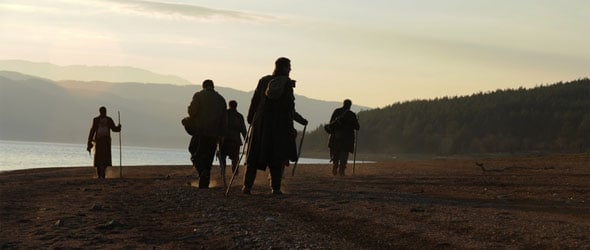
The idea of man's struggle with nature seems to be a common theme in your films. Is that something you think about?
I’m only beginning to realize that through making these number of films and talking as we are today. I don’t normally think about it because I think each film is a fresh start and each one different than the other. But yes, inevitably a director is going to leave his fingerprints over the years. You know, it’s curious. I do see this landscape question coming up and I wonder sometimes if it has to do with being Australian. We are huddled around the coast of this vast continent and naturally I’ve traveled a lot in it, particularly desert travel which is what most of the country is. I can pick an incident, I remember a rental car - I'm talking over 30 years ago in Broken Hill - and I was heading out onto the desert highway and no other vehicles around, and you’re got to almost the curvature of the earth-type sensation. I was pulling the car off to the side of the road, walking back out on a beautiful desert day and lying down in the center of the highway on my back as if I was at a beach resort because I knew there was no other vehicle in sight. And that great emptiness and the sound, it had a very big impact.
In Master and Commander as well as this film there is a sense of meandering. Does that inform the narrative because you don’t seem so plot point-driven?
I wondered myself whether that’s what that might be. I don’t say I would have done Social Network if it was given to me. I don’t know that I would have been the right man - it was so well made. It was a dialogue-driven picture I enjoyed very much, so I don’t have a prejudice.
On the other hand I am fascinated with silent films. Silent films were, I think, more different than we know to sound films. We think of it as simply that we added dialogue and in actual fact I think it was an entirely different art form. To borrow Jean Renoir’s words about it in an interview he said, “I think there was something hypnotic between the close up of the star on the screen and the audience.” They were kind of hypnotized by the music playing and whatever. What an experience it was, so I am drawn to that. In this film I think I did...I mean it wasn’t risks, but I certainly explored where there was no music actually, just faces. Shooting them almost like I was shooting landscapes because that seemed to be the DNA of the film, really, was landscapes and the human face: human nature and nature. And so I did enjoy sitting sometimes on the shot of a person and allow us to dream the film for a short period.
The opening credits say that his movie inspired by the book by Slavomir Rawicz, not based on the book. Why the distinction?
I said to the producers that I loved the book but given this controversy about whether the man, the author, was on the walk, unless I am satisfied that the walk occurred I couldn’t do the film. So we got that evidence and I was happy and said, “Okay, I can dedicate it to unknown people who did the walk,” and I’ll just say it was inspired by the book but I can now change the title, introduce other characters, particularly the Colin Farrell character. But then I was sort of drawn to the truth all the way. I then wanted everything sourced back to either a first-hand account, which I have many, or interviews I did with survivors in Moscow, in Siberia and in London, with the Polish in London.
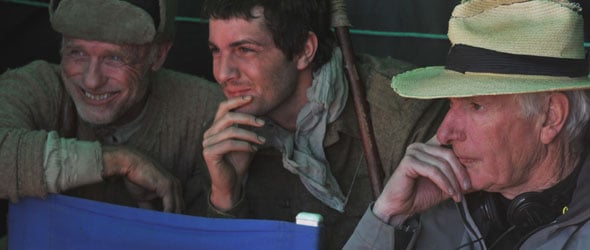
Have you ever been close to death?
The answer is yes, once. In filming on The Year of Living Dangerously on a weekend we went up to get some second unit shots in a live aircraft. There were about five or six of us and we got into trouble up in the mountains because it was fogged in and we had to come in by radio to a small mountain airport. It was one of those classic potential accidents that you read about. The pilot was agitated. Every now and again we’d hear that beep-beep-beep in the middle of a white out and we knew we were close to land. Lucky.
I was interested in the insertion of the girl into this story. How far into the process did you find that character?
She was in the book, in the original book, but a very different type of character. She was more innocent and really just kind of a refugee. So I was interested in reading backgrounds of Communists, just as in the book, and when they were arrested at the Hotel Lux. That’s the name of the hotel in Moscow that they stayed at, they put them up there. They would put them in orphanages , change their names, whatever, and so I made that background up for this girl.
There was never a doubt in my mind that this was potentially a great idea. Maybe it really happened. If the author was not on the walk, he certainly got a lot of information about the walk. So maybe there was a girl in the walk of these characters. I don't know.
She couldn’t be an age where there was a sexual question, and I had to find the right actress. Saoirse [Ronan] was it. Then the change with the actors...people softened up, you know what I mean? There was a lot of macho guys there, not that we had this kind of problem because they are professional actors. She came in like it's written in the script, like the feminine sensibility civilized them more and made them, I think, nostalgic and provoked memories of their own backgrounds of whatever, mother, sister, daughter, lover, it didn’t matter. But it was very interesting to film and to wonder about the feminine presence with men and what it does. It was demonstrated, really, because Saoirse has this quality. She has this old soul in a young body. She’s not like a typical actress. I mean she has fun and she goofs around, but she’s not a show business type. So I think of it like an old soul. Somehow everybody found their relationship with her off camera as much as on.
Mark Strong is in this film but plays a fairly small role, but absolutely knocks it out of the park. Did you ever consider having a less recognizable actor play the part of Khabarov?
Yes, and it wasn’t that kind of film, was it? I could have had the Commandant played by Anthony Hopkins or something. It wasn’t that kind of film. In Mark’s case, when I first saw him I thought only Ridley Scott and I knew about him, which is a bit unreasonable. It was only as I got deeper into it and he said yes that I realized he was in a lot of stuff. I thought it didn’t matter at all. In fact it was a strange benefit in that he has in a way played such a heroic presence and you think, 'Well, it's Mark Strong. He’s going to be on that journey.' So I think it only helped a little more with the realization that he was a man who dreamt of escape.
Did the script go through a lot of revisions?
Yes, oh yes. Locations surveys very much and from the physical side, given the landscape for actors in a way - and I didn’t get to Tibet. I’d been in India but I didn't go to China and to Mongolia and Siberia, and in the interviews with survivors as I mentioned.
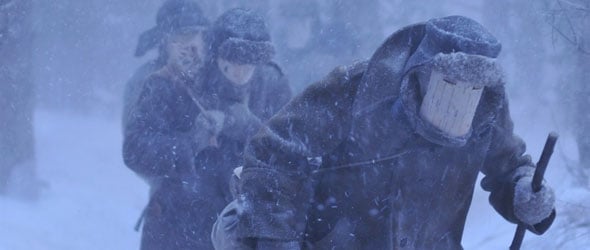
Did you incorporate that into the script?
Oh yes, I was always changing things as a result of that. Oh, a third person Cyril Delafosse-Guiramand, late 30s, French. He works in the IT industry but his hobby is walking. He was inspired by the book and sometime after 2000 he undertook the walk, so he was the first person I went to see. He was living in Laos then with his wife. So I went up there and we talked for a couple of days and I said, 'Would you advise us? d I’ll send you scripts.' Then I began to say, 'Can I put some of the stuff you're telling me in, like this thing about these mosquitoes? This man you met in the forest that has a bark necklace?' He said, 'Sure,' very generously so I put that in.. Then he coached the actors and then was with us every day.
Why did you shoot and finance this film outside the studio system?
The studios weren’t interested. As one of them said, “We’re not in that kind of business anymore.”
And what is that business? Isn't this a Treasure Island sort of story?
Yes, I thought that was rather shortsighted. I was surprised. I knew they’d probably belonged more in some of the smaller divisions and I knew they were closing up shop. We were probably at bad timing, I think, where great changes were happening within the industry in this city, and it didn’t compute. Don’t forget, we have to remind ourselves that Lord of the Rings... First of all there Titanic, but it was a one-off, once-ever. Then Lord of the Rings showed that there was gold in them thar hills and it was like the potential if you could get one of these franchises to make billions. I mean suddenly in those vertically integrated corporations that the studios were part of, suddenly they weren’t the smaller division making movies or TV programs compared with some of the larger industries, they were suddenly probably number one, or potentially if they could get enough of these things. So I think that gold rush affected often very decent group of people here, very bright people who got gold fever and they didn’t want to look at a film that might make a nice, tidy profit of $20 million.
And yet nowadays survival seems to be a common theme.
That’s true; I’ve noticed the same thing. For research I could just turn the TV on at night and wrap around till I found Bear Grylls dropping out of a plane somewhere or somebody else in the jungle somewhere. It’s almost at times you thought, 'Is it a fear of climate change?', particularly in the days when there it was too hysterical and people were talking about how you could be flooded out of your house by the beach in ten years. Is it that? Is it that we've got so much information that we’re immediately in the earthquake, we’re immediately in the floods of Pakistan, so that daily we are reminded that it could happen to you? I think its probably that. I think we know so much that maybe you will have to work out how to get fresh water or how to get enough food to feed the whole family. I think it's nothing mystical. I just think we’re over-stimulated by disaster.

Eric Eisenberg is the Assistant Managing Editor at CinemaBlend. After graduating Boston University and earning a bachelor’s degree in journalism, he took a part-time job as a staff writer for CinemaBlend, and after six months was offered the opportunity to move to Los Angeles and take on a newly created West Coast Editor position. Over a decade later, he's continuing to advance his interests and expertise. In addition to conducting filmmaker interviews and contributing to the news and feature content of the site, Eric also oversees the Movie Reviews section, writes the the weekend box office report (published Sundays), and is the site's resident Stephen King expert. He has two King-related columns.
I'm A Huge Donnie Darko Fan, And Talking To Beth Grant And Jolene Purdy About Reuniting For The Bondsman Was A More Adorable Experience Than I Expected
'I Have That Conversation At Least Once A Week': John Larroquette Talks Waiting On Night Court's Renewal, And I Love His Season 4 Ideas
